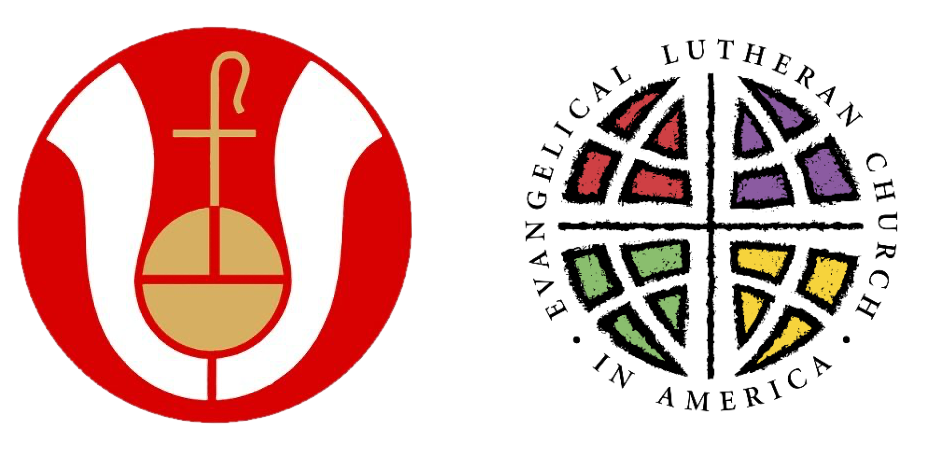E-GIVING
Dear Friends, Our work within our local community and beyond is supported by donations from members and friends. Good Shepherd has several options for those looking to make donations to its ongoing work.
Give by Mail ~ You can make your gifts by check, mailed to PO Box 495, Jericho, VT 05465 or you can now give online using PayPal and or Vanco.
Give Online ~For your convenience, we now offer 2 ways to safely give online: the trusted Vanco* eGiving tool and donation via PayPal allow you to make your gift online, securely. You can use a credit card or bank account. You can make a one-time gift of any amount you choose or set up a recurring donation.
Thank you so much for your support and generosity!
Make a Gift through Good Shepherd Connections
People Helping People Global
People helping People Global (PHPG)was founded on March 25, 2009 by Alex and Isabelle Gamms Tuck, members of Good Shepherd Lutheran Church, to provide individuals, mostly in North and Central America, with the tools necessary to eliminate the suffering that they and their families are experiencing due to extreme poverty and implement different strategies to assist building communities in the developing world. PHPG believes that through stronger, more economically viable communities, greater global citizens will emerge, and extreme poverty will no longer be a problem that must be addressed. Its work is focused toward supporting community members so they grow towards becoming economically sustainable and are able to better support their families.
Microlending is the largest and most successful program that People Helping People operates. Its unique method of offering interest-free loans is what separates PHPG from most other lending groups. The process is rather simple, and the results have been incredibly positive. It starts by communicating with other nonprofits and community members to determine the areas that could benefit the most from its microlending program. Meetings are then held among residents to get a feel for the community and to educate community members about the microlending process.
After these informational meetings, individuals are invited to submit an initial request for loan, along with a simple business plan. We then conduct interviews to evaluate need, business acumen, and character. If selected, the individuals are organized into groups of five to twenty individuals. Individuals are responsible for their own microloan, but the group/community aspect is very important to the success of the programs. In addition to encouraging community discourse, the group mentality encourages individuals to repay their loans on time and in full, so that other members may have the same opportunity to develop business and build their community.
The loan recipients have between six and eighteen months to repay their loans. Some of our loan recipients repay monthly, while others repay weekly. It is up to the lending group to determine the repayment schedule. As the loans are repaid, more loan groups are created in the same area and the poverty reducing cycle continues.
Microlending is so effective for several reasons. One reason is that individuals realize that these loans are not hand-outs. Our microloan recipients often express great pride as they repay their loans. They talk about how the system makes them feel much better than those that just give them things, such as houses or clothing. The other major reason it's so effective is that the capital stays in the community. Once the first group of recipients repay their loans, their neighbors get the same opportunity to help their families and build the community they live in.
You can help fund a loan today through the following link: http://phpgmicrolending.org/donate
Vermont-Haiti Project
École Vocational Jean Despagne Félix School
Despagne Felix has been a part of Vermont-Haiti Project since 2007. He is the founder of the École Vocational Jean Despagne Félix (EVJDF) Elementary School and the Duchity Vocational Training Center program, both located in Duchity, Haiti. Despagne has spent many years working for international organizations in Haiti. Despagne, his wife Polene and son John Steve Papouto are members of Good Shepherd Lutheran Church.
The Elementary School has:
6 teachers who are paid $160 per month for a total of $1600 each per year
4 teacher helpers paid $100 each per month for a total of $1000 per year.
There are 198 students.
We need support to pay teachers and to provide one meal per day for each student.
$1 (one) for each per day can feed one child and pay for the cookers!
$1 x 198 children = $198 per day, and $3,960 per month
Please make donations to the Vermont-Haiti Project, with specifications for the EVJDF Elementary School at: http://www.vermonthaitiproject.org/donate-now.html
Beverly Belisle Scholarship Fund University of Vermont
Beverly Belisle is the director of the Mosaic Center for Students of Color (MCSC) at the University of Vermont, where she works to enable the success of students of color. She is also a member of Good Shepherd Lutheran Church who was recently was honored for her distinguished service to UVM with a scholarship in her name. You can make a generous gift to honor Beverly and change the lives of students through this scholarship. Your gift will help create more financial support and opportunities for students of color at the University of Vermont: You may donate through the following link: https://www.givecampus.com/campaigns/31927/donations/new
Since 1945 Lutheran World Relief has brought aid and resources to others throughout the world with the knowledge that every person we work with is holy, created in the image of God to be joyful and flourish. We realize that we need others as much as they need us. We need their experience, their knowledge, and their vision, and so we commit to walking alongside them in times of hardship rather than trying to lead or dominate.
Donate:https://donate.lwr.org/give/156547/#!/donation/checkout?c_src=website&c_src2=orange-button





